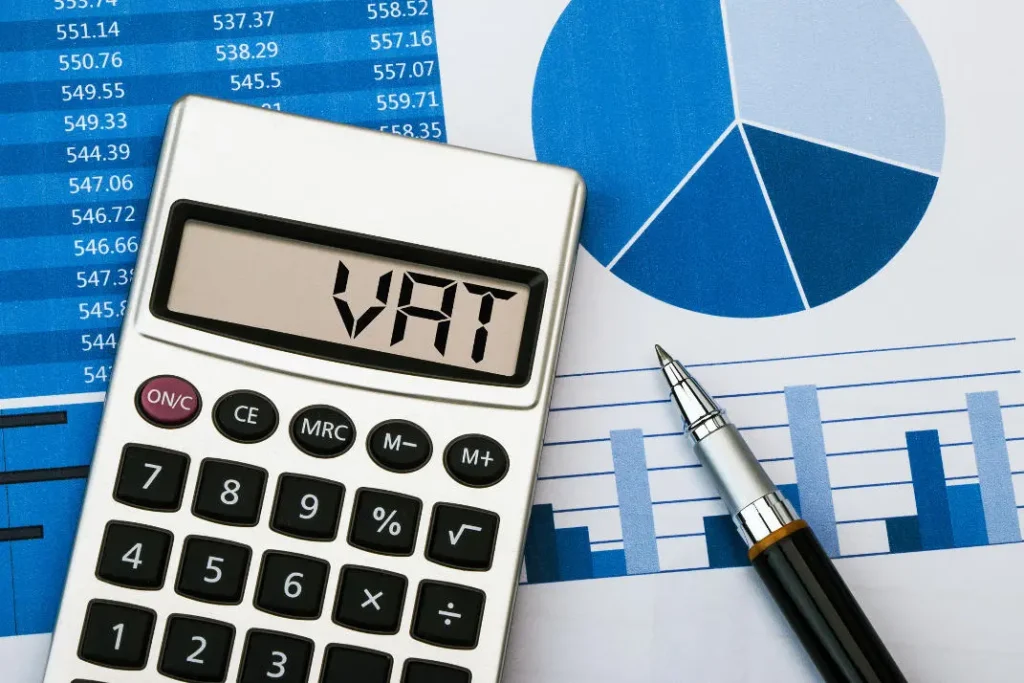Introduction
Small and medium-sized enterprises (SMEs) in Thailand operate in a dynamic environment that presents both unique challenges and promising opportunities. An important factor for these businesses is the effective navigation of Thailand’s intricate tax laws. For SME owners, it is important to understand the provision within these tax laws that permits the deduction of specific expenses and offers a special depreciation rate for certain assets.
Taking advantage of these provisions can lead to a considerable decrease in taxable income, thereby potentially offering significant tax savings.
In this blog post, we’ll look at any expenses that can be used for deductions and how the depreciation method works, its eligibility criteria, and the impact it can have on your small business’s financial health.
Key Points
- SMEs in Thailand can leverage specific tax laws for deductions and special depreciation rates, reducing their taxable income.
- Corporate Income Tax (CIT) deductions in Thailand allow businesses to reduce taxable income through various eligible expenses.
- Depreciation is an accounting method that spreads the cost of tangible assets over their useful life, affecting a company’s financial statements and tax liabilities.
What Are Deductible Expenses For Tax in Thailand?
Corporate Income Tax is calculated based on net profits derived from business activities in Thailand. The taxable income is determined by deducting allowable expenses from the total revenue. Understanding the deductions your business is entitled to can significantly impact your financial planning and tax liabilities.
Some of the deductible expenses include:
- Ordinary and necessary expenses
- Interest expense
- Taxes, except for Corporate Income Tax and Value Added Tax paid to the Thai government
- Net losses carried forward from the last five accounting periods;
- Bad debts;
- Wear and tear;
- Provident fund contributions;
- Donations for public interest or charity (up to 2% of net profit)
- Donations for education or athletics (up to 2% of net profit)
- Entertainment expenses (up to 0.3% of gross receipts or paid-up capital, not exceeding 10 million baht)
Certain expenses are not considered exempt and cannot be claimed as deductions, such as,
- private expenses or gifts,
- expenses without sufficient supporting documentation,
- penalties,
- surcharges, and criminal fines imposed by tax laws, and
- withholding tax paid on behalf of suppliers.
What Is Depreciation For Tax in Thailand?
Depreciation is a fundamental concept in both accounting and tax planning that plays an important role in the financial management of a business. Depreciation refers to the process of allocating the cost of a tangible asset over its useful life. In other words, instead of recognizing the entire cost of an asset in the year it is purchased, depreciation allows businesses to spread this cost over several years, reflecting the asset’s wear and tear or obsolescence over time. This process takes into consideration that fixed assets such as machinery, vehicles, or equipment lose value as they age and are used. By incorporating depreciation into financial statements, businesses can achieve a more accurate representation of their net income and asset values, which in turn impacts their tax liabilities.
The Revenue Department considers SMEs as any Thai companies with fixed assets less than 200 million baht and the total number of employees not exceeding 200 people
| Types of Assets | Depreciation Rates |
| 1. Buildings | |
| 1.1 Durable buildings | 5 % |
| 1.2 Temporary buildings | 100 % |
| 2. Cost of acquisition of depleted natural resources | 5 % |
| 3. Cost of acquisition of lease rights | |
| 3.1 no written lease agreement | 10 % |
| 3.2 written lease agreement containing no renewal clause or containing renewal clause but with a definite duration of renewal periods | 100% divided by the original and renewable lease periods |
| 4. Cost of acquisition of the right in a process, formula, goodwill, trademark, business license, patent, copyright or any other rights: | |
| 4.1 unlimited period of use | 10 % |
| 4.2 limited period of use | 100% divided by number of years used |
| 5. Other depreciation except land and goods | 20 % |
| 5.1 machinery used in R&D | initial allowance of 40% on the date of acquisition and the residual can be depreciated at the rate in 5 |
| 5.2 cash registering machine | initial allowance of 40% on the date of acquisition and the residual can be depreciated at the rate in 5 |
| 5.3 passenger car or bus with no more than 10 passengers capacity | depreciated at the rate in 5 but the depreciable valve is limited to one million baht |
| 6. Computer and accessories | |
| 6.1 SMEs* | initial allowance of 40% on the date of acquisition and the residual can be depreciated over 3 years |
| 7. Computer programs | |
| 7.1 SMEs* | initial allowance of 40% on the date of acquisition and the residual can be depreciated over 3 years |
Please note, if a company adopts an accounting method, which the depreciation rates vary from year to year, the company is allowed to do so provided that the number of years over which an asset depreciated shall not be less than 100 divided by the percentage prescribed below.
Our Thoughts
When looking to optimise tax, it is an advantage to be recognized as an SME, which can potentially improve the depreciation rate of assets. Importantly, the depreciation benefits commence from the moment of equipment acquisition, offering immediate financial advantages rather than waiting until the end of the fiscal year. This approach can significantly contribute to more efficient tax management and financial planning for businesses.
Our team of experienced tax experts are well-versed in Thailand’s tax regulations and can provide tailored advice to ensure your business maximizes its financial opportunities while ensuring compliance.





